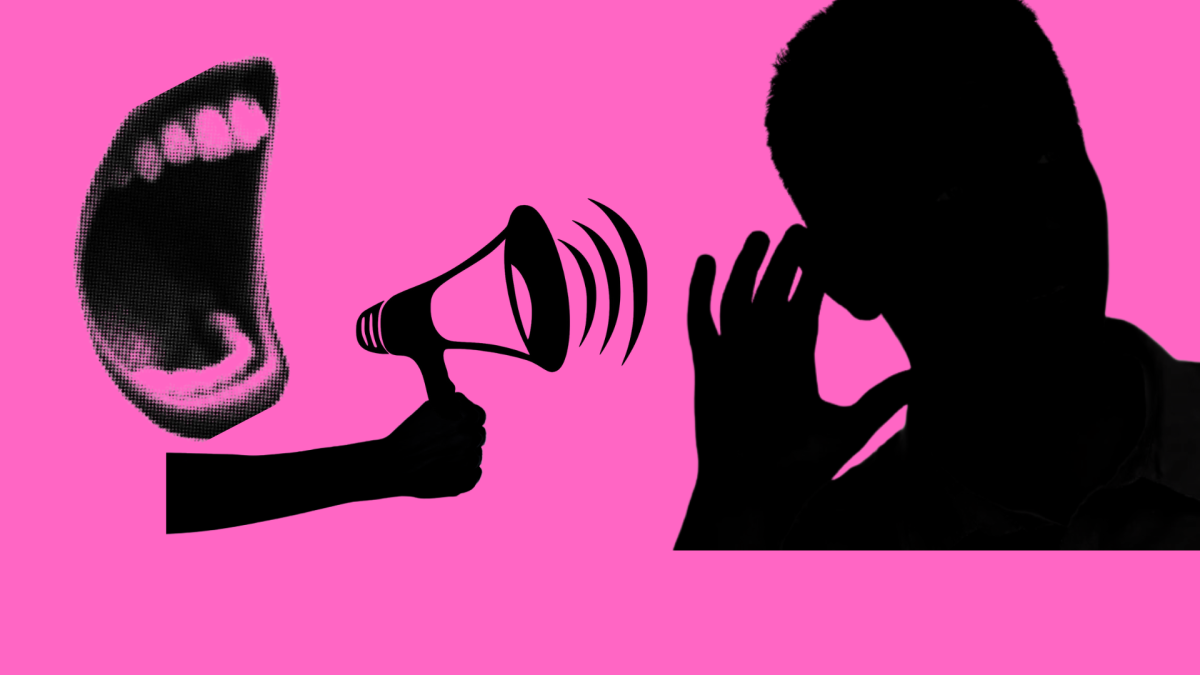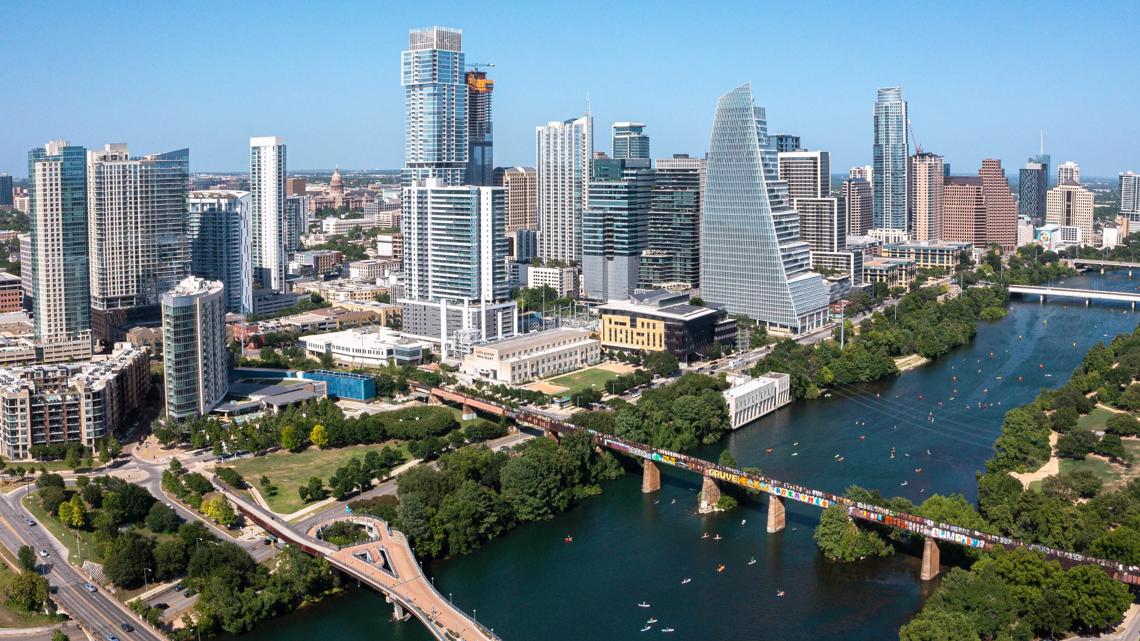In the words of Dunkin’ Donuts, “America runs on Dunkin’.” This idea of the US’ enamourment with coffee holds true. In 2022, coffee came in third place for the most consumed type of drink in America, falling just behind bottled water and carbonated drinks. But should it really be as popular as it currently is?
A study by the National Coffee Association released that 7 in 10 Americans drink coffee every week and almost 2/3rd of Americans drink it every day. It seems to be that drinking coffee has become a ritual- a need for many people living. When this many people are reliant on coffee, it is imperative to understand a reasonable amount of caffeine consumption.
According to the same study, the typical coffee drinker guzzles about 3-4 cups of coffee per day. Surprisingly, this is safe for adults. The “overdose” threshold for caffeine is about 1,200 milligrams of caffeine, as stated by the Food & Drug Administration. Most cups of coffee include additional ingredients which would limit the amount of caffeine. But even for black coffee, a single 12-ounce cup of “Folgers Classic Roast” is only an estimated 120 to 160 mg. The standard person is not likely to come close to taking the amount of caffeine necessary to feel the negative symptoms of coffee.
In fact, there are actually many positive benefits to drinking coffee. The Harvard School of Public Health found that “consumption of 3 to 5 standard cups of coffee daily has been consistently associated with a reduced risk of several chronic diseases.” Namely: cancer, type 2 diabetes, Parkinson’s and Alzheimer’s disease and stroke. In the same study, coffee has even been proven to lengthen mortality. Coffee’s association with better physical health is further supported by a study conducted by the UK Biobank, which observed more than 500,000 people for 10 years.
Erikka Loftfield, PhD, said, “Coffee drinking was associated inversely with all-cause mortality, including in those drinking at least 8 cups per day, in both slow and fast metabolizers of caffeine and in consumers of ground, instant and decaffeinated coffee.” (Association of Coffee Drinking With Mortality by Genetic Variation in Caffeine Metabolism, April 18, 2018) By drinking coffee regularly, you could live longer.
But coffee does not just improve your physical well-being. Coffee could very well aid mental health. Several researchers at Karolinska Institutet in Stockholm, Sweden proved caffeine to be a mild antidepressant for many individuals. “It increases the turnover of several monoamine neurotransmitters, including 5- hydroxytryptamine (5-HT), dopamine, and noradrenaline.” These are feel-good chemicals that are often deprived under mood disorders like depression. Having either a surplus of them or merely replenishing them, could lead to a betterment in the recovery of an individual’s depression. Similarly, a daily dose of coffee has been associated with a 45% decrease in risk for suicide for those consuming 2-3 cups and a 53% decrease in subjects who drank 4 or more cups. Overall, coffee has significant effects on the improvement of mental health and appears to prevent symptoms of depression and death by suicide.
In conclusion, advancements in both mental and physical health have been connected to coffee. It is undeniable that coffee is beneficial and that its reputation for being an exceedingly favored start to the morning is warranted.













